Could Windows 8 Make Microsoft Cool?
October 26, 2012 in Daily Bulletin

Today is the launch date of Windows 8 – Microsoft’s most radical overhaul of the venerable operating system in over a decade. The existing interface will take a backseat to the touch interface pictured above. Will Oremus pondered if this bet would make Microsoft cool:
- Windows 8 is a big departure from the Windows of yore. Users used to the old way of doing things will likely find the operating system jarring.
- However Windows 8 has all the features and capabilities that are likely to appeal to a younger generation. It requires experimentation and excitement to figure out the best way to use it – exactly the kind of thing that younger, more tech-savvy individuals enjoy.
- While its primary competitor, the iPad, is simple enough that even the very old now use it; the young might reject the iPad because of its simplicity and lack of features. The iPad would be used by grandmas while Windows 8 would be used by teenagers. Microsoft would be ‘cool’.
Read more of the argument here.
Source: Slate


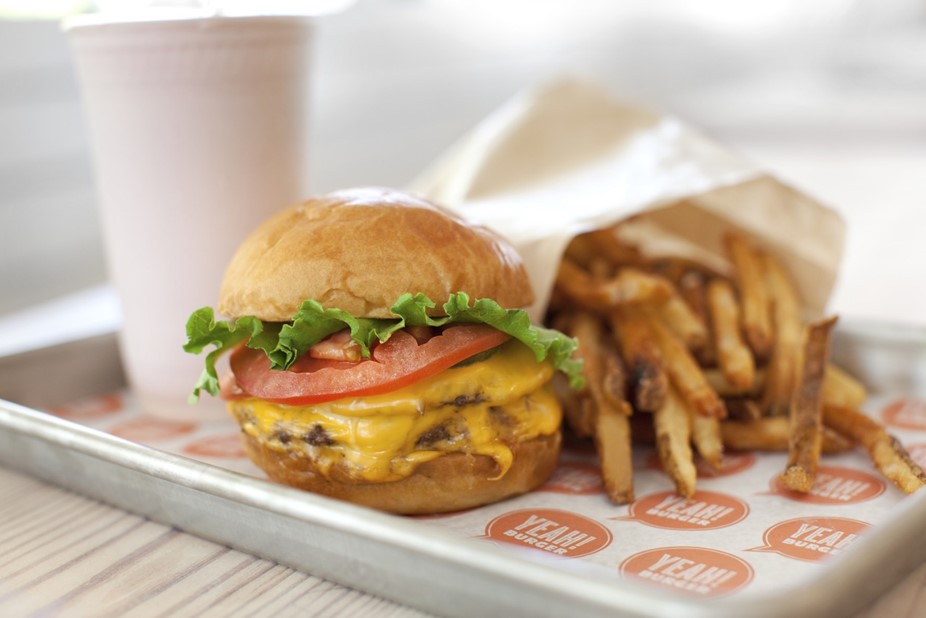
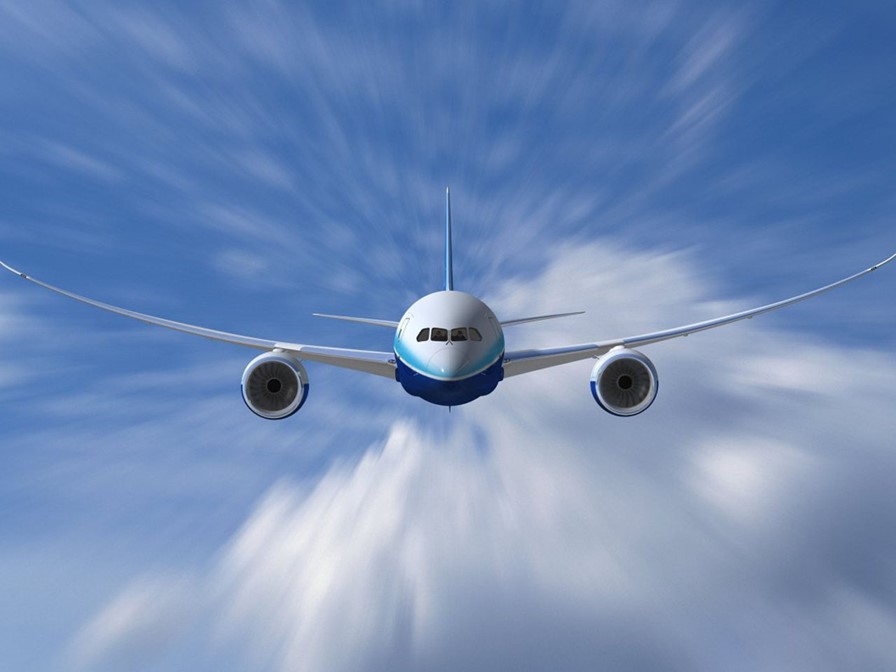
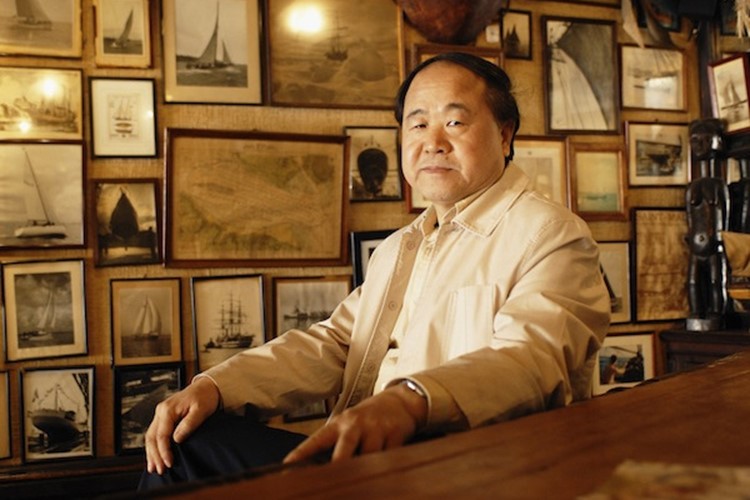


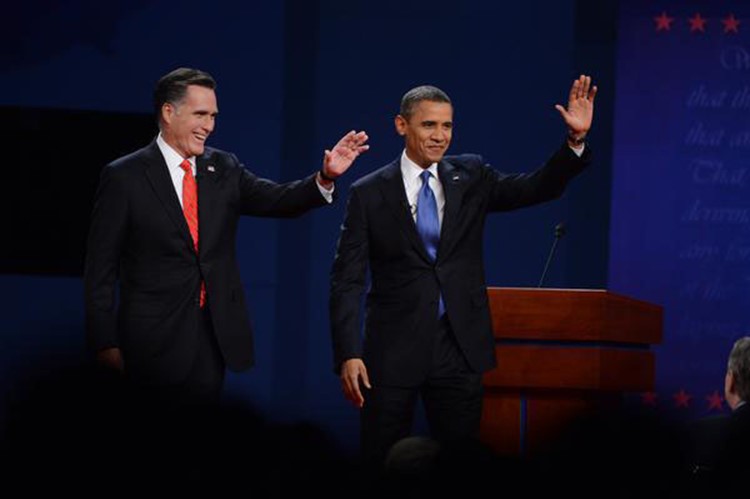
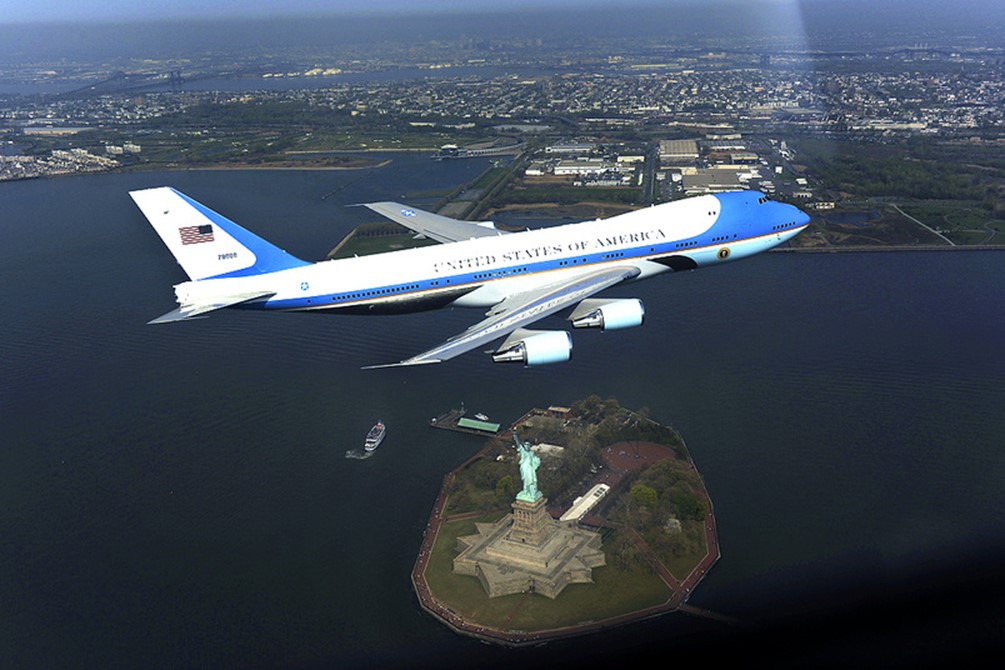
Join the Discussion! (No Signup Required)